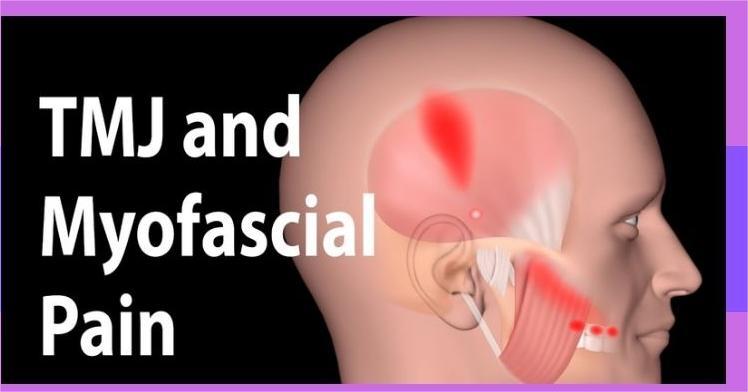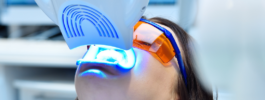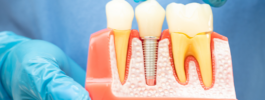The temporomandibular joint (TMJ) is a hinge that connects jawbones to the skull. TMJ disorder or dysfunction can affect the jaw joints, ligaments, and surrounding muscles in the face. It will cause severe problems that need proper solutions. Moreover, patients who suffer from TMJ dysfunction should know the treatment options available to them, which help them make the right decisions. Apart from that, they can focus more on their oral health which gives methods to overcome potential threats.
What are the exact causes of TMJ disorder?
While the exact cause of TMJ is not known, dentists say that some factors can create TMJ disorder. They include arthritis in the jaw joint, stress, joint damage due to a blow, jaw injury, teeth grinding or clenching, malocclusion, etc.
What are the symptoms of TMJ disorder?
TMJ disorder or dysfunction can cause neck pains, jaw pains, toothaches, earaches, jaw popping, tinnitus, etc. The pains will cause severe discomfort. Therefore, patients should know the treatment options available for the symptoms which help them choose the right one accordingly.
How is TMJ disorder diagnosed?
A dentist will diagnose TMJ disorder after knowing the symptoms of a patient. To figure out the cause, the dentist will conduct a physical examination and check the dental health. The first test is the dental X-ray to assess the teeth and jaw conditions. Furthermore, patients need to undergo a CT scan that provides the details of the bones involved in the joint.
An MRI scan is also necessary to know whether the disc joint is in the proper position when the jaw moves. Sometimes, dentists will recommend a TMJ arthroscopy, which involves inserting a small, thin tube and a camera near the jaw joint to diagnose the problem with a closer look.
What are the treatments available for TMJ disorder?
1. Medications
A dentist will prescribe higher doses of NSAIDs for the pains caused by TMJ disorder. Apart from that, they might suggest a muscle relaxer to relax the jaw of a person who grinds or clenches the teeth. The antianxiety medications provide ways to relieve the stress caused by the TMJ disorder. They even help patients reduce or control pains to a larger extent.
2. Mouthguards
A mouth guard is a non-surgical treatment procedure available for TMJ disorder, and a dentist will fit the same over the upper and lower teeth. It is suitable for those who want to lower their grinding or clenching problems. Another advantage is that it will help put the teeth in the right position and correct the bite effectively.
3. Ultrasound therapy
Ultrasound therapy procedures allow patients to increase blood flow and promote muscle relaxation by using sound waves that deliver deep heat.
4. Trigger point injections
Anyone who wants to recover from their TMJ pains can choose trigger point injections, which involve dry needling or injecting pain medications. A dentist will inject them into the trigger points, which are tender facial muscles. The injections provide relief from the pain with the best results.







